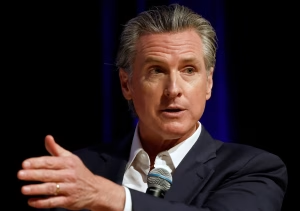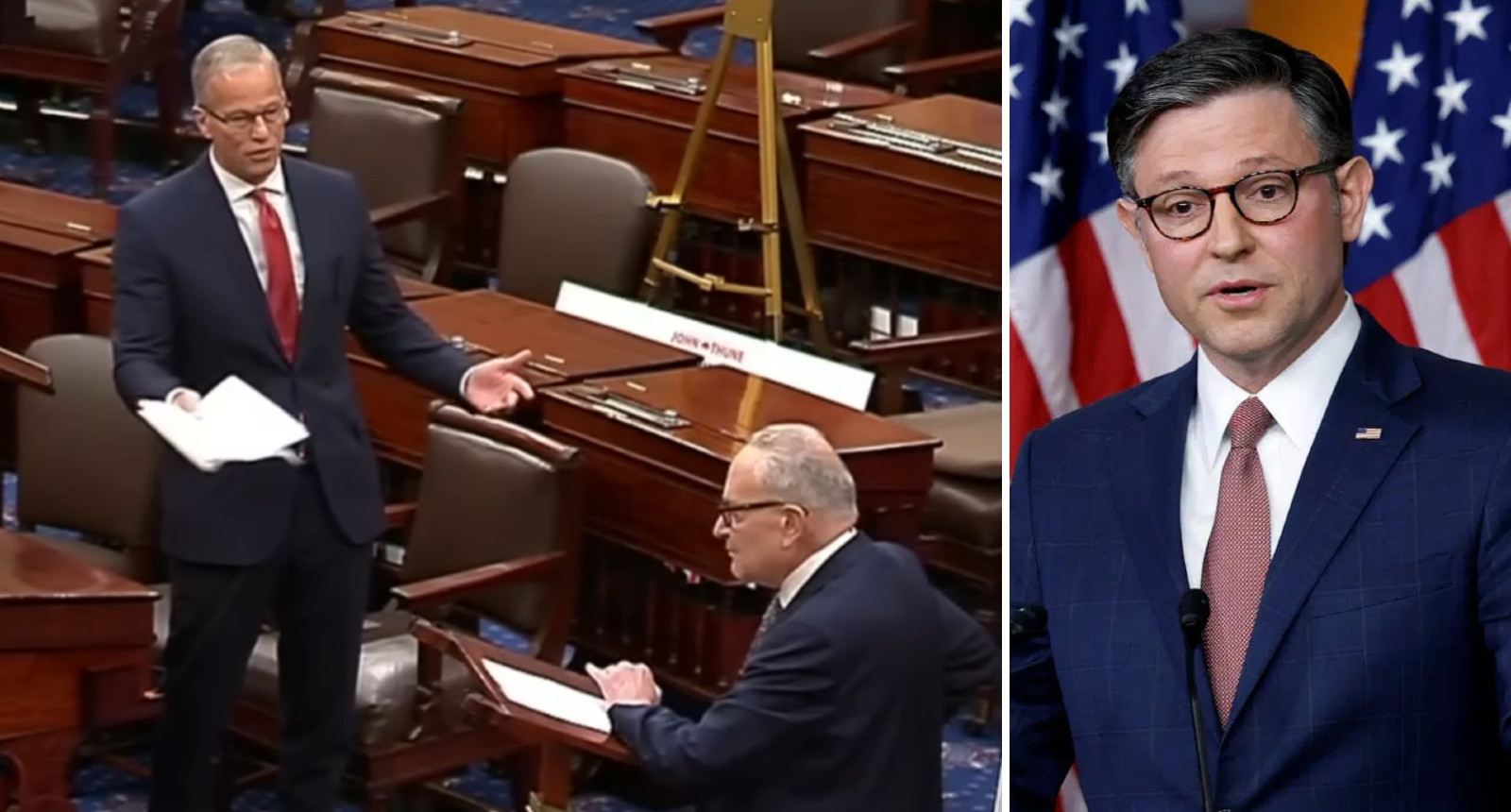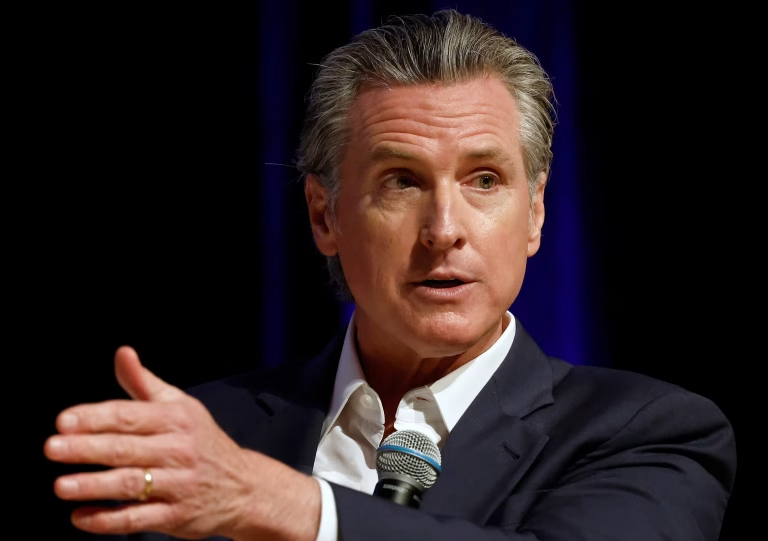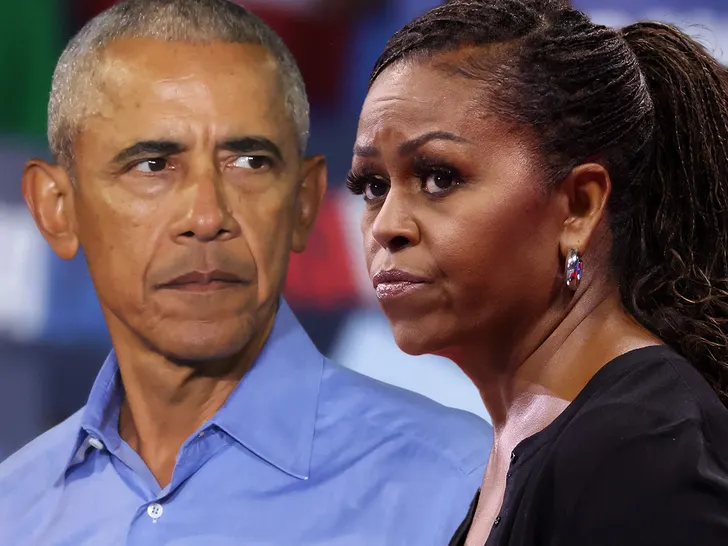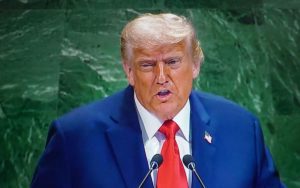WASHINGTON — Senate Democrats rejected a stopgap government funding bill for the tenth time on Thursday, signaling that they will not yield on their demands for measures to preserve health care subsidies for millions of Americans. The vote, which ended 51-45, fell short of the 60-vote threshold required to advance under Senate rules, leaving the federal government in its third week of partial shutdown.
The repeated defeats of the funding measure underscore the deep partisan divide in Washington and the growing frustration among Americans whose daily lives are affected by furloughed federal workers and disrupted services. Hundreds of thousands of federal employees remain either without pay or on temporary leave, while Congress has struggled to find common ground on a path forward.
“This is the 16th day of a shutdown, and real people are wondering if their government is going to be there for them,” said Senator Lisa Murkowski, Republican of Alaska, reflecting the frustration felt by both lawmakers and the public.
The Stalemate
The standoff has left the Senate essentially paralyzed. While Democrats have used their position to push for guarantees that health care tax credits under the Affordable Care Act (ACA) will be extended, Republicans have insisted that they will not negotiate until the government reopens.
Senate Majority Leader John Thune, Republican of South Dakota, has repeatedly pressed Democrats to support the funding bill, warning that failure to do so endangers government operations and public confidence. “The Democratic Party is the party that will not take yes for an answer,” Thune said in a sharply worded floor speech on Thursday, highlighting the tension between the two sides.
In a separate move, Thune attempted to proceed to appropriations bills funding the Department of Defense, hoping to rally support for a narrower measure that could at least pay troops and defense contractors. Democrats voted down that proposal as well, maintaining their stance that broader health care guarantees must be addressed before they consider reopening the government.
The Health Care Impasse
The Democrats’ insistence on health care stems from concerns about the impending expiration of subsidies for ACA marketplace plans, which they warn could lead to dramatic premium increases for millions of Americans. Nearly 24 million people currently obtain their health insurance through subsidized marketplaces, according to the Kaiser Family Foundation, making the stakes particularly high.
Senate Minority Leader Chuck Schumer, Democrat of New York, criticized Republicans for delaying action on health care while the shutdown continues. “The ACA crisis is looming over everyone’s head, and yet Republicans seem ready to let people’s premiums spike,” Schumer said during a floor speech. He added that Democrats will hold out until there is a “guarantee on extending tax credits” to protect those enrolled in ACA plans.
Senator Patty Murray, Democrat of Washington and top Democrat on the Senate Appropriations Committee, said she has heard directly from families “who are absolutely panicking about their premiums doubling.” She described small business owners forced to consider abandoning their livelihoods to maintain coverage or risk going uninsured entirely.
Republican Response
Republicans argue that Democrats’ approach threatens to deepen the government shutdown and worsen uncertainty for federal employees and contractors. House Speaker Mike Johnson of Louisiana called the COVID-era health care subsidies a “boondoggle,” emphasizing that Republicans are willing to negotiate but only after the government reopens.
President Donald Trump, while signaling support for “great health care,” has largely stayed on the sidelines in the ongoing standoff, leaving Senate leaders to negotiate largely among themselves. Thune has repeatedly stated that Democrats must first vote to reopen the government before health care discussions can advance.
Some Republicans have floated limited compromises to address the subsidy issue, but internal divisions within the GOP have prevented a unified strategy, leaving the shutdown to continue.
The Broader Impact
The partial government shutdown has already had a significant financial impact. While the military was paid this week, it is unclear how long funding will continue without congressional action. The White House budget office estimates that the cost of covering one pay period for federal employees during the shutdown is approximately $6.5 billion, with the next payroll due in two weeks.
Tourism and public access to government facilities have been affected, with signs posted outside the Capitol Visitor Center turning away visitors and employees navigating uncertain work schedules. The disruption has extended to programs beyond health care, including mental health services, education funding, and research programs, though military operations remain prioritized.
Historical Context
Government shutdowns have become a recurring feature of contemporary U.S. politics. The current standoff is on track to surpass the 16-day shutdown in 2013, which also revolved around disagreements over health care and funding for the ACA. The longest shutdown in U.S. history occurred in 2019, lasting 35 days, and affecting federal employees, government operations, and the broader economy.
Democrats’ insistence on health care subsidies recalls similar standoffs in prior years, reflecting a strategic use of their Senate influence to safeguard programs that directly impact constituents. Republicans, conversely, have emphasized the need to reopen government operations quickly, framing the standoff as a question of fiscal responsibility and operational stability.
Negotiations and Next Steps
At present, talks remain at an impasse. Bipartisan efforts to reach a compromise on health care subsidies have yet to produce meaningful results, and neither side has indicated a willingness to cede significant ground.
“The time to strike a deal to prevent large increases for health plans is drawing short,” Schumer warned. He cited the looming November 1 deadline, when insurers in most states will issue notices to customers detailing premium increases for 2026. Democrats argue that without immediate action, millions of Americans could face substantial financial burdens, particularly small business owners and individual market enrollees.
Thune’s attempts to split the negotiation into smaller votes on defense and other appropriations bills were rejected by Democrats, highlighting the entrenched positions on both sides. Only three Senate Democrats — Catherine Cortez Masto of Nevada, John Fetterman of Pennsylvania, and Jeanne Shaheen of New Hampshire — supported proceeding with defense appropriations, demonstrating limited bipartisan support for partial measures.
The Political Stakes
For Democrats, maintaining their position on health care is not only a policy priority but a political one. With millions of Americans potentially affected by premium increases, Democrats see the standoff as a leverage point to protect constituents and influence public perception.
Republicans, meanwhile, face the challenge of reopening government operations without appearing to capitulate on broader spending and subsidy issues. The protracted shutdown risks alienating voters frustrated by congressional dysfunction and could affect approval ratings for both parties in the lead-up to midterm elections.
As Speaker Mike Johnson remarked, the situation on Capitol Hill is fraught with uncertainty. “So many of you have asked all of us, how will it end? We have no idea,” Johnson said, capturing the widespread sense of frustration and gridlock.
Conclusion
The tenth rejection of the stopgap spending bill marks another chapter in a government shutdown defined by partisan conflict, procedural deadlock, and high stakes for millions of Americans. Senate Democrats have made clear that they will not reopen government operations without guarantees on ACA subsidies, emphasizing the importance of health care access for families, small business owners, and individual market enrollees.
For Republicans, the shutdown underscores the challenge of balancing fiscal responsibility, operational continuity, and political strategy in a deeply divided Congress. As negotiations continue — with deadlines approaching for both federal pay and insurance notices — the outlook for a rapid resolution appears uncertain.
The ongoing impasse serves as a reminder of the delicate interplay between policy priorities and political maneuvering in the modern legislative process, and the very real human consequences when government operations are halted.

Emily Johnson is a critically acclaimed essayist and novelist known for her thought-provoking works centered on feminism, women’s rights, and modern relationships. Born and raised in Portland, Oregon, Emily grew up with a deep love of books, often spending her afternoons at her local library. She went on to study literature and gender studies at UCLA, where she became deeply involved in activism and began publishing essays in campus journals. Her debut essay collection, Voices Unbound, struck a chord with readers nationwide for its fearless exploration of gender dynamics, identity, and the challenges faced by women in contemporary society. Emily later transitioned into fiction, writing novels that balance compelling storytelling with social commentary. Her protagonists are often strong, multidimensional women navigating love, ambition, and the struggles of everyday life, making her a favorite among readers who crave authentic, relatable narratives. Critics praise her ability to merge personal intimacy with universal themes. Off the page, Emily is an advocate for women in publishing, leading workshops that encourage young female writers to embrace their voices. She lives in Seattle with her partner and two rescue cats, where she continues to write, teach, and inspire a new generation of storytellers.

